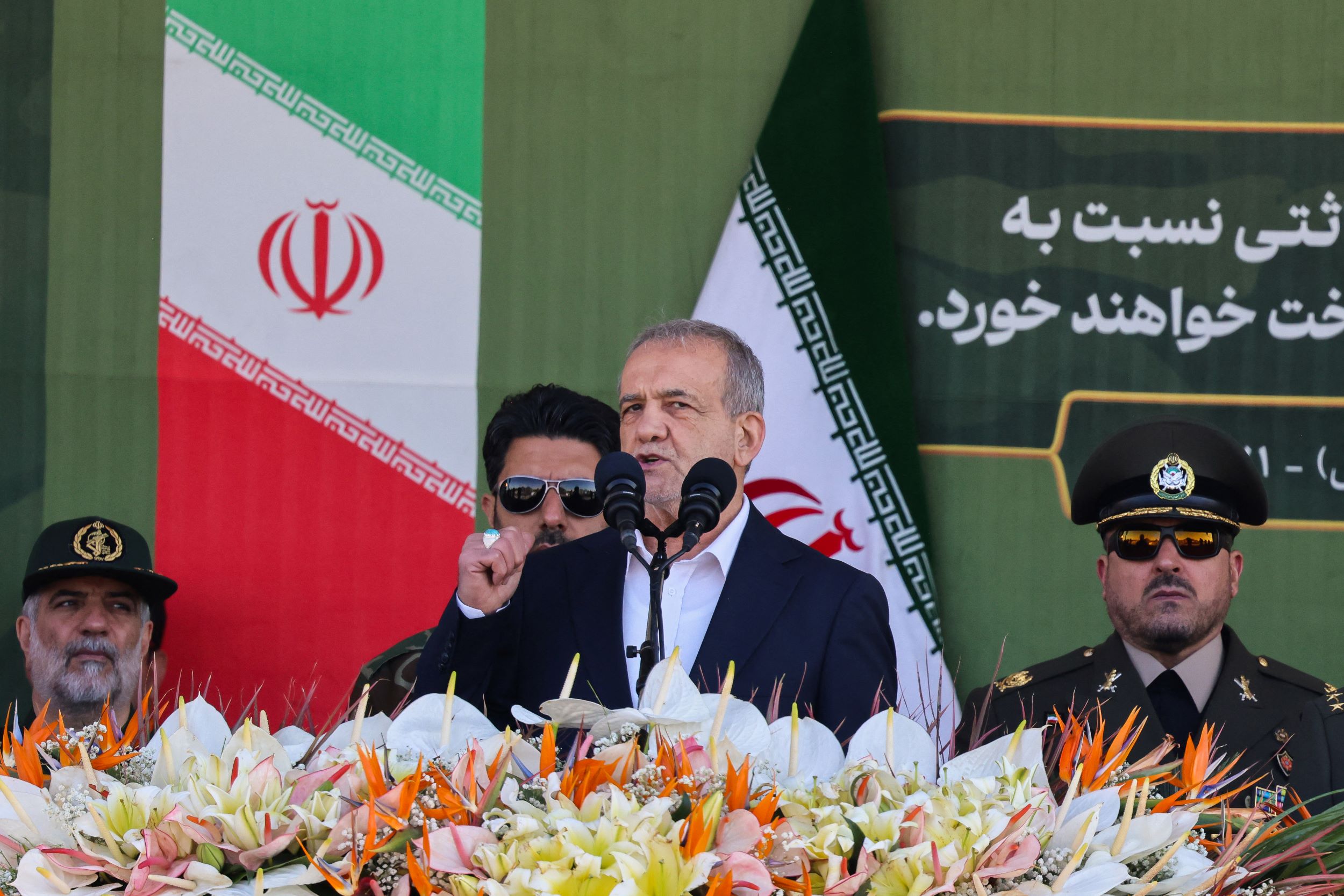
TEHRAN - Iranian President Masoud Pezeshkian said on Monday that Iran is open to reaching an agreement with the United States in ongoing indirect talks, provided that the country's national interests are preserved.
"In the negotiations with the United States, we are ready for an agreement within a defined framework and while ensuring our national interests," Pezeshkian said during a meeting in Tehran.
"However, if they (US representatives) refrain from negotiating with us on equal terms, we will continue on our own path," the Iranian president warned.
READ MORE: Iran's foreign minister says indirect talks with US ‘constructive’
He added that, as previously stated by Supreme Leader Ayatollah Ali Khamenei, Iran remains "neither optimistic nor pessimistic" about the negotiations.
Pezeshkian also reiterated that Tehran does not seek conflict but would resist any attempt at coercion. "We do not want confrontation with anyone, but we will not tolerate pressure or bullying," he said.
His comments followed the second round of indirect talks between Iran and the United States, held in Rome on Saturday with mediation from Oman. The first round took place in Muscat on April 12, and a third session is scheduled to be held in the Omani capital again this coming Saturday.
ALSO READ: Iran-US nuke discussions move to 'technical phase'
At a weekly news conference in Tehran, Iranian Foreign Ministry spokesman Esmaeil Baghaei said the removal of US sanctions remained Iran's principal demand in the negotiations.
Meanwhile, US President Donald Trump described the recent talks as "very good". Speaking to reporters over the weekend, Trump said, "We had very good meetings actually on Iran," adding, "The next step is we need a little time".
The discussions came in the wake of a letter sent by Trump to Iran's leadership in early March, proposing talks on Tehran's nuclear program. Trump later warned of military action should Iran reject his offer for talks.
READ MORE: Iran's foreign minister to visit China on bilateral ties, nuke talks
Iran signed the Joint Comprehensive Plan of Action with six world powers -- Britain, China, France, Germany, Russia, and the United States -- in 2015. Under the deal, Tehran agreed to curb its nuclear programme in exchange for sanctions relief.
The United States, led by Trump during his first term, unilaterally withdrew from the accord in 2018 and reimposed sanctions, prompting Iran to gradually reduce compliance with its nuclear commitments. Efforts to revive the agreement have not achieved substantial progress.


